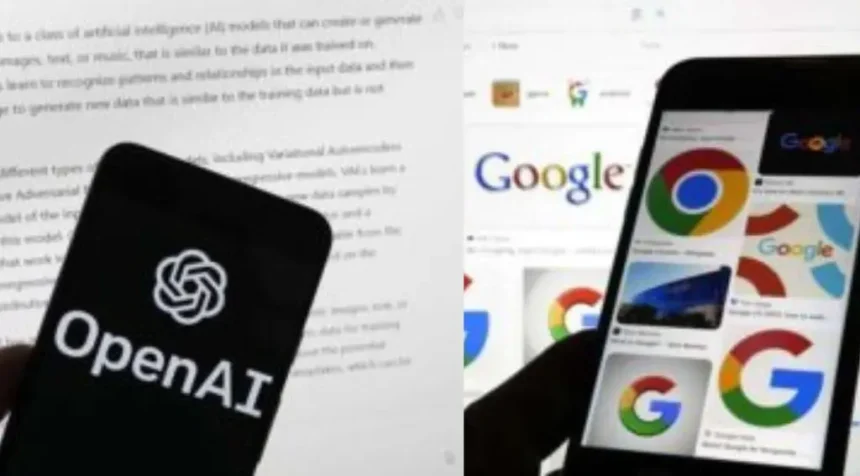OpenAI has announced a significant enhancement to its ChatGPT platform by integrating comprehensive web search functionalities accessible to all users. This strategic move intensifies the competition against established search giants like Google.
Initially launched in late October, the ChatGPT search feature was exclusive to premium subscribers. However, as of today, OpenAI has democratized access, allowing every registered user to leverage real-time search capabilities within the chatbot interface. This development means that users can now obtain prompt and relevant answers supplemented with direct links to pertinent online sources, eliminating the need to switch between applications for information retrieval.
Kevin Weil, OpenAI’s Chief Product Officer, shared in a YouTube video, “We’re extending search capabilities to all logged-in users of ChatGPT globally, across every platform where ChatGPT is available.” The revamped interface offers a clean and streamlined experience reminiscent of traditional search engines, yet devoid of intrusive advertisements. Additionally, the design parallels that of Perplexity, another AI-driven search tool known for its conversational approach and source transparency.
Adam Fry, the product lead for ChatGPT Search, emphasized the enhancement by stating, “We’re enhancing the familiar ChatGPT environment with up-to-the-minute information sourced from the internet.” This rollout is set to impact hundreds of millions of users starting immediately, integrating seamlessly into the existing ChatGPT framework rather than introducing a separate service.
Previously, AI chatbots like ChatGPT and Anthropic’s Claude were constrained by static knowledge bases, limiting their ability to provide current information. By embedding live search functionalities, OpenAI bridges this gap, aligning more closely with the capabilities of search engines like Google and Microsoft’s Bing, both of which integrate AI-generated responses with live web data.
This expansion raises intriguing questions about OpenAI’s relationship with Microsoft, a key investor, as both entities vie to broaden the reach of their respective AI-powered search solutions. Under the leadership of CEO Sam Altman, OpenAI has been rapidly advancing towards establishing itself as a dominant force in the internet landscape. The company recently achieved a remarkable valuation of $157 billion in a fundraising round that included heavyweights like Microsoft, SoftBank, and Nvidia.
The integration of search into ChatGPT is expected to drive user engagement significantly, although it will also escalate the company’s computational demands and operational costs. As OpenAI continues to innovate and expand its offerings, the tech industry watches closely to see how these developments will reshape the future of information retrieval and AI interaction.






